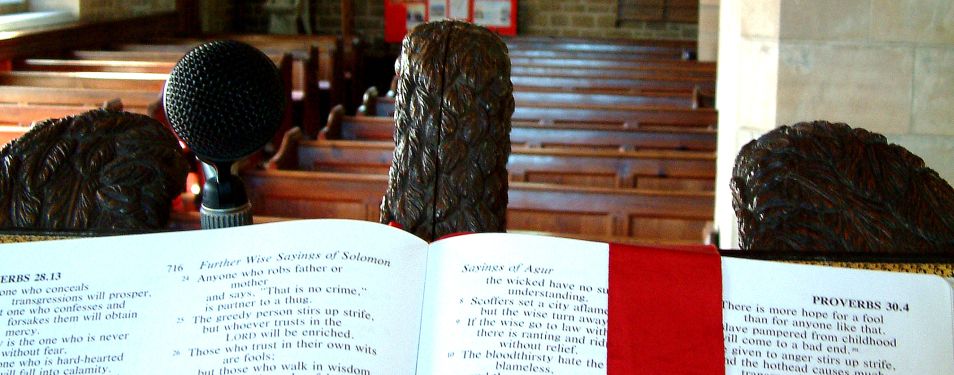
Beloved, many pastors neglect the divinely mandated duty of shepherding ALL the flock through individual, careful discipleship (aka, “counseling”).
“Pay careful attention to [“take heed,” “guard,” keep watch”] yourselves and to all the flock, in which the Holy Spirit has made you overseers, to care for [“to shepherd”] the church of God, which he obtained with his own blood” ~ The Apostle Paul, Acts 20:28
Some do so for supposed lack of ability (many are taught in seminary that counseling is too complicated for pastors and is better left to “trained professionals”–trained in godless, secular psychology), others for selfish lack of concern (it takes too much time, it is too hard, it will require correction that will cause the people to dislike me, etc.), still others for pragmatic reasons (I have too many people to possibly shepherd them all; indeed, my staff alone is too large to shepherd each one individually; but compare Richard Baxter who met individually with an 800 family flock every year), while others do so for principled reasons, namely that preaching alone will either eliminate the need or will meet the need. Whatever the reason all neglect devoted thought and effort to the flock out of disobedience. It is this last reason, however, that cries for closer scrutiny.
Will preaching eliminate or meet this need to “pay careful attention” to “all” [each one individually]? Does preaching cancel the command to counsel? A number of warrants lead in a contrary direction (please see Mark Mann, One Ministry of the Word, for more detailed treatment).
- The command is to “bring near” the flock (the verb rendered “pay careful attention to” includes the idea of bringing a ship to land–at task not done from afar or in general). Preaching (public monologues) are by definition at a distance and in general. The public discourse is not the forum to treat all possible implications of the text.
- Jesus left the 99 for the one. Jesus ministered to both large crowds and individual people. Paul counseled [warned, admonished, instructed] “each one” in the Ephesian church for three years–with tears (Acts 20:31).
- Public preaching/teaching resulted in private conversations (private dialogues). Nicodemus came privately after hearing Jesus publicly. Peter both proclaimed monologically (Acts 10:34-43) and dialogically (Acts 10:27-33) in Cornelius’ household after the monological declaration of the Lord Himself (Acts 10:3-6) created the need for further explanation.
It appears then that faithful preaching of the Word will create clarity and confusion, commitment and challenge, conviction and callousness. A pastor who preaches must also follow up that proclamation with private conversations. Preaching demands counseling.
May God use Rod and Staff Ministries to equip pastors to discharge all of their duty (cf. 2 Tim 4:1-5)–both to preach and to counsel.
10,000 Blessings in The Wonderful Counselor,
Jim

